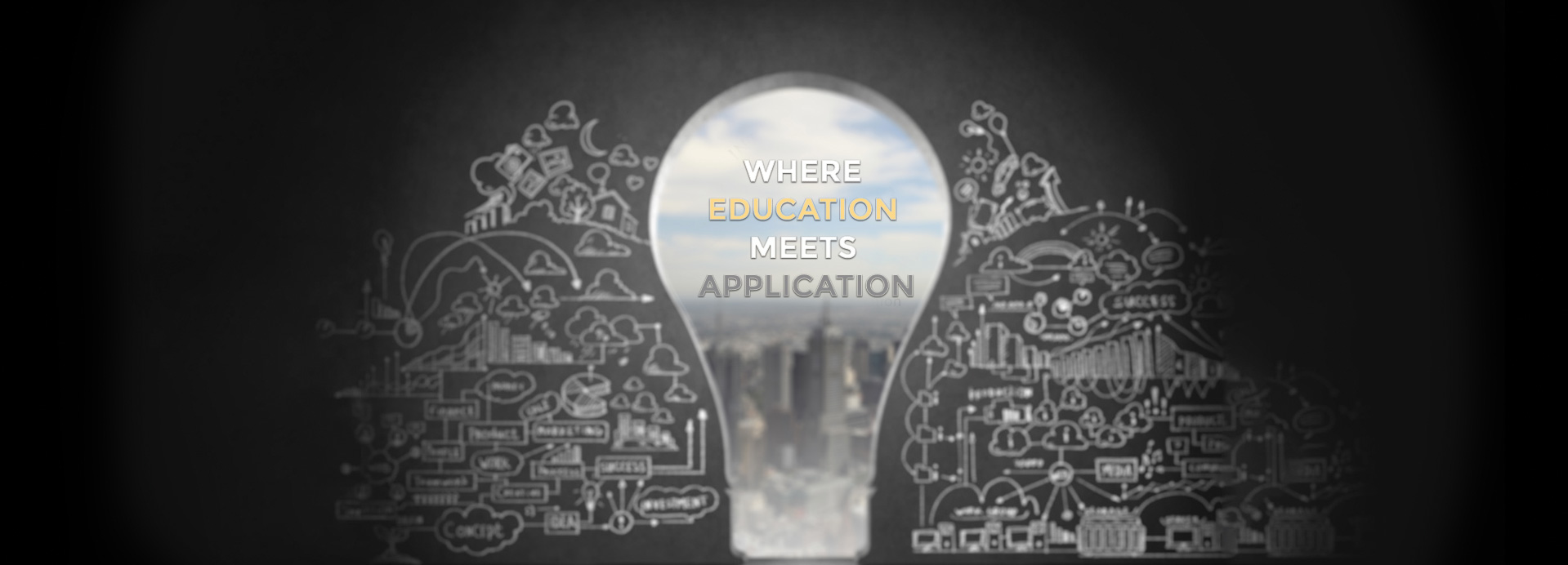Shon Isenhour
Recent Posts
A Balanced Improvement Strategy
Facts and Statistics on Growth, Skills, Reliability, and Manufacturing
More Preventive is Not Necessarily the Answer
More is not necessarily better when it comes to preventive maintenance you have to find the right amount done right with the right tools.
Leadership, Fast Cars, and Road Blocks: Three things leaders need to know about project roadblock removal.
Leadership is about road block removal. Your team may be the best in the world at what they do but certain issues can stop them cold every time. They may be like a garage full of incredibly fast sports cars eager to get the job done, but someone has to open the garage door to get them started and remove the roadblocks along the way that prevent them from demonstrating their full potential. In the...
So is it a Planner, a Scheduler, or is it a Planner/Scheduler?
Recently, I had an interesting conversation about staffing the maintenance planner and scheduler roles with in a facility. The question was centered on whether a site should have the two disciplines split or if they should be combined. The answer in my mind is… it depends.
Here are my thoughts on criteria that affect the planner/scheduler organizational structure:
Size of the maintenance...
Five Why "Nots": 5 Reasons Why Reliability Engineers Should Use More Than 5 Whys for Root Cause Analysis
First of all let's talk about what Five Whys is before we mention what it is not. It is a problem solving tool used in many facilities and is commonly associated with Lean, Six Sigma and Kaizen implementations. The technique was originally developed by Sakichi Toyoda and was used within the Toyota Motor Corporation during the evolution of its manufacturing methodologies. The method is quite...
Transitional Root Cause Analysis
When I discuss RCA I use a method called Transitional Root Cause Analysis or TRCA for short.
It is made up of 10 tools that can be explained and understood in a very short period of time.
In the next few minutes I will demonstrate both the simplicity and rules for use for 3 of the 10 and explain why we consider them transitional in nature.
In this blog we will use what I categorize as the tree...
Why do people do training? 7 reasons we have been told.
Why do people do training? What a great question to explore your teams motives as well as your own. Here are 7 reasons we have heard recently. Let's look at each one and what it says about the organization and what you might do to improve your training ROI.
Don’t Start Up In a Bad Way: Five Ways to Limit the Creation of a Reactive Culture in New Facility Startup.
New facilities by nature can be reactive. Reactive behavior when it comes to reliability and maintenance is expensive. Our goal should be to be proactive in identifying risk and mitigating or eliminating it before we have to react. When you bring a new plant online there are many things that can drive the culture to be reactive. I have listed a few below:
- Poor start up planning and procedures
- ...






